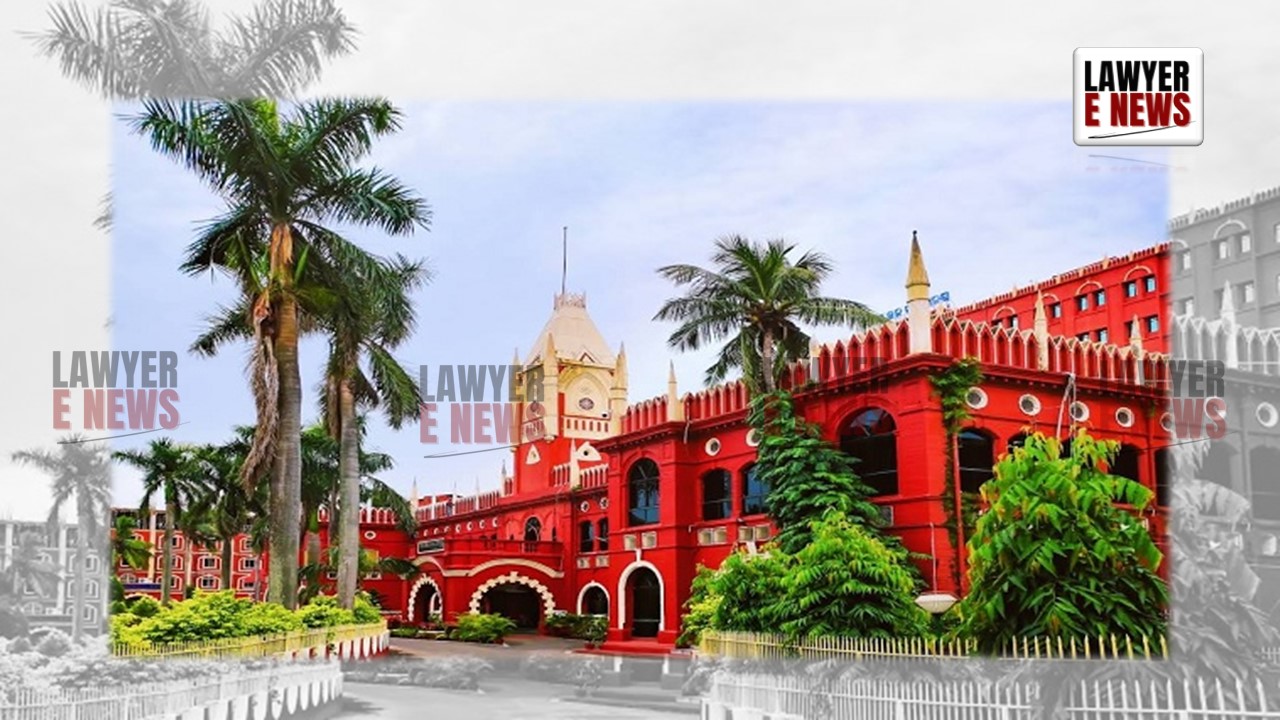-
by Admin
15 February 2026 5:01 PM



Orissa High Court, presided over by Chief Justice Chakradhari Sharan Singh and Justice Murahari Sri Raman, dismissed Review Petition filed by the Chief Administrator of Shri Jagannath Temple, Puri. The petition sought reconsideration of the February 5, 2024 judgment directing the revival of "Danadhyakshya Seva," a hereditary ritual at the Shri Jagannath Temple. The Court found the petition procedurally improper and devoid of merit, while also rejecting an application for condonation of a 152-day filing delay.
The petition stemmed from a February 2024 judgment where the Court recognized Danadhyakshya Seva as a hereditary service integral to temple rituals and ordered its restoration within three months. The review petitioners, led by the Chief Administrator, sought to challenge this ruling, arguing that the seva was neither hereditary nor vital to temple operations and had been discontinued for over 68 years. The Court, however, dismissed the petition due to procedural lapses, unjustified delay, and attempts to reargue settled issues.
The original writ petition (W.P.(C) No. 56 of 2024) was filed by Narasingha Mohapatra and others, asserting that the Danadhyakshya Seva—traditionally performed by specific Brahmin servitors—was a hereditary right and unlawfully discontinued. The Court, in its February 2024 judgment, agreed and directed the temple administration to restore the seva, citing its inclusion in the Record-of-Rights under the Shri Jagannath Temple Act, 1955.
The review petitioners argued that the discontinuation was valid, claiming the seva was not hereditary and had no bearing on temple operations. They further questioned the lineage of those claiming rights to the seva. However, these issues were already addressed in the writ judgment.
The review petition was filed by a new counsel without obtaining a "No Objection Certificate" (NOC) from the counsel who represented the petitioners during the original writ proceedings. The Court emphasized that such a practice violates settled legal principles, citing Tamil Nadu Electricity Board v. N. Raju Reddiar (1997).
The Court stated: "The filing of the review petition without proper authorization violates settled principles. Such practices undermine the sanctity of judicial processes and professional ethics."
The Court reiterated that a review petition cannot be used to reargue matters already decided. The petitioners failed to show any "error apparent on the face of the record" and instead sought to rehash arguments from the original proceedings. The Court relied on Thungabhadra Industries Ltd. v. Government of Andhra Pradesh (1964) to stress that review is not an appeal in disguise.
"The review petition attempts to reopen adjudicated issues, which is impermissible under settled principles of law," the Court observed.
The petitioners cited the incapacitation of an advocate’s clerk due to an alleged accident as the reason for the 152-day delay. However, they failed to provide evidence to substantiate this claim, such as medical records or any details of the accident. The Court noted that the delay was unjustified and indicative of negligence.
"Delay caused by vague and unsupported claims cannot justify condonation. The petitioners failed to act with due diligence," the bench noted.
In a rejoinder affidavit, the petitioners introduced allegations of fraud and misrepresentation, claiming the original judgment was obtained through deceit. The Court found these allegations baseless and held that raising such claims for the first time during review proceedings constituted an abuse of judicial process.
"Judicial processes cannot be manipulated by introducing unsubstantiated allegations of fraud in review proceedings," the Court remarked.
The Court dismissed the review petition on both procedural and substantive grounds, finding no merit in the claims. The application for condonation of delay was also rejected due to lack of sufficient cause. Costs of Rs. 25,000 were imposed on the petitioners, payable to the High Court Bar Association Advocates’ Welfare Fund, for their cavalier approach and waste of judicial time.
This judgment reinforces the importance of procedural compliance and underscores the limited scope of review petitions. The Court emphasized that review is not a tool for rearguing settled matters or delaying compliance with judicial orders. By dismissing the petition and imposing costs, the Orissa High Court has sent a strong message against frivolous and procedurally flawed litigation.
Date of Judgment: December 11, 2024
